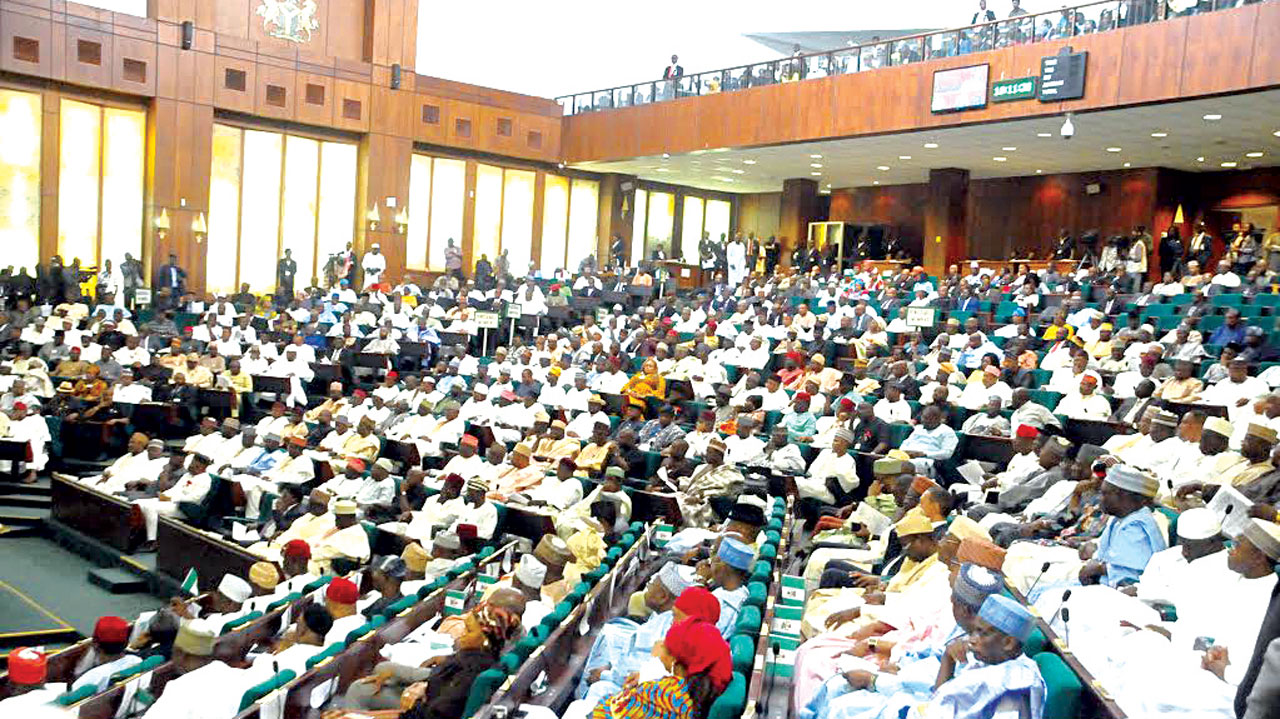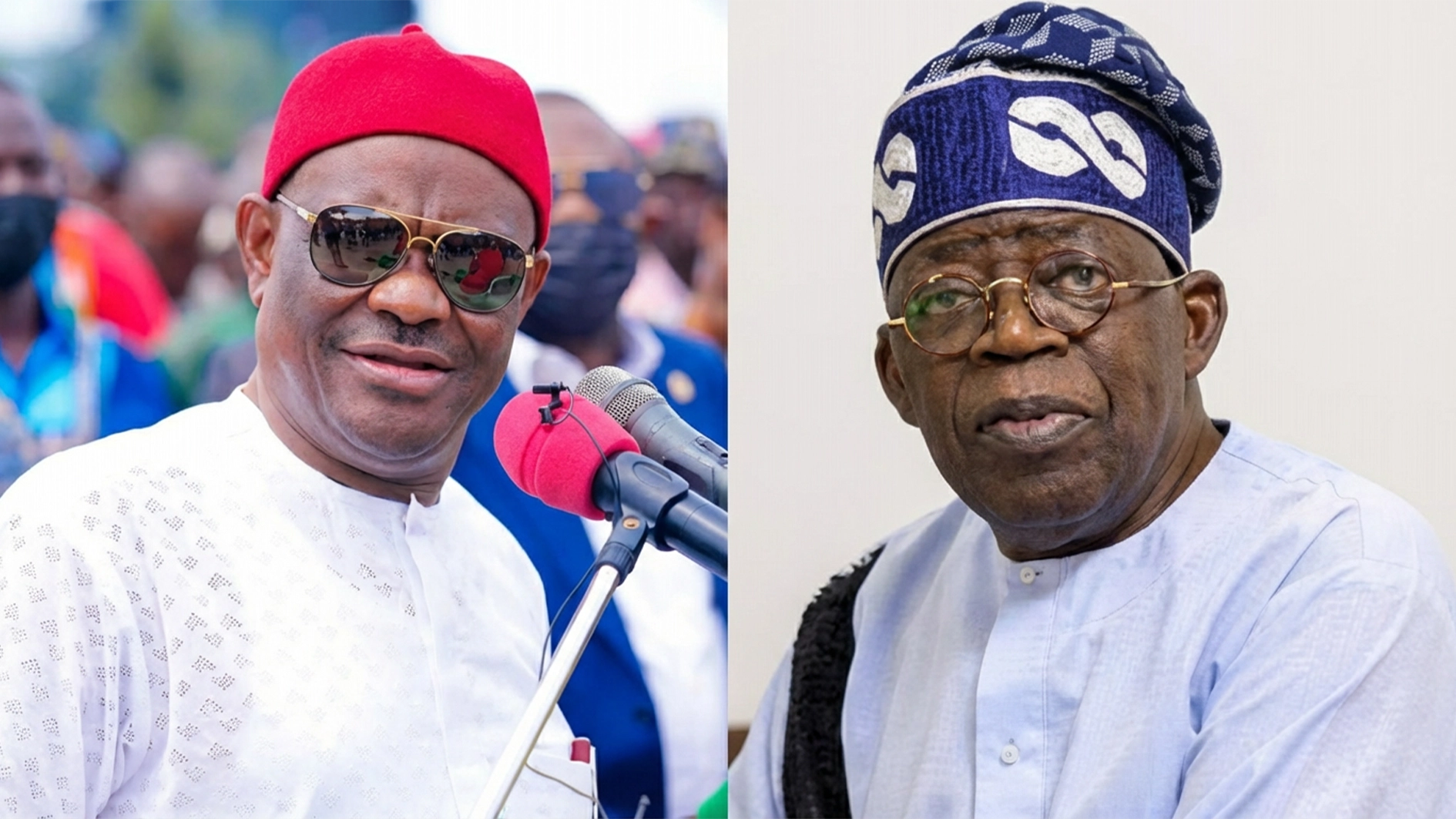
Most political appointees are paid one form of emolument or allowance or the other by the government, with specific responsibilities to perform. Thus, even apart from the conflict of retaining an executive position and seeking elective office, how does a person occupying a political office abandon his responsibilities for which he is being paid to embark upon campaigns at the expense of the people? What justification can we give for retaining a person on the payroll of the government who already has his eyes on another assignment? Political appointees and persons in public service of the Federation and of the States are two separate and distinct classes of persons. While those in public service have not less than thirty days ahead of their party primaries to resign to contest an election, political appointees must resign before they can become voting delegates or be voted for in their party primaries or congresses.
The Constitution stipulates that public office holders resign “at least” thirty days before the elections they are interested in, which presupposes that such public officers could indeed resign earlier than the 30 days, however, the Electoral Act stipulates that political appointees must resign before party primaries/congresses where candidates are to emerge.
The question to ask then is whether the National Assembly has by Section 84 (12) of the Electoral Act negated the constitutional stipulation of “at least 30 days”? Certainly not. The two concepts do not oppose themselves at all. For civil and public servants, the Constitution demands that they resign not less than thirty days prior to any election for which they seek to contest whilst Section 84 (12) simply prohibits political appointees from participating in elections to be conducted at the conventions and congresses of their political parties whilst still retaining their political appointments. In Section 228 (a), the Constitution states that the National Assembly “… may by law provide guidelines and rules to ensure internal democracy within political parties, including making laws for the conduct of the party primaries, party congresses and party convention”.
Under and by virtue of section 4 of the same Constitution, “the National Assembly shall have the power to make laws for the peace, order and good government of the Federation or any part thereof”. What then, if one may ask, could be the ‘offence’ of the National Assembly in fulfilling its mandate as directed by the Constitution?
To my mind, there is really no need for us to split hairs on this simple matter of interpretation of the Constitution and the Electoral Act. Unless as suggested by Mr. Femi Falana, SAN and many others, the executive arm has an axe to grind with the legislature over this very harmless piece of legislation, there can be no basis for the jubilation that has greeted the judgment of the Umuahia Federal High Court by the executive. We must sanitize the electoral space to remove all vestiges of manipulation and land mines. It is not in our best interest for those that we pay to perform certain duties to abscond from their sacred responsibilities in order to actualize their personal ambitions to seek elective office. They owe us the duty of fairness to surrender our mandate granted to them through their appointments should they aspire to contest any election. It is gratifying that the National Assembly and other stakeholders of our electoral system have taken the decision to join the case to explore further interpretation by the appellate courts. That is commendable indeed or else we may soon have in our hands a ridiculous situation whereby the Chairman of INEC or even the Governor of Central Bank of Nigeria may seek to contest election whilst still holding on to their appointments.
Concluded
Adegboruwa is a Senior Advocate of Nigeria (SAN).






